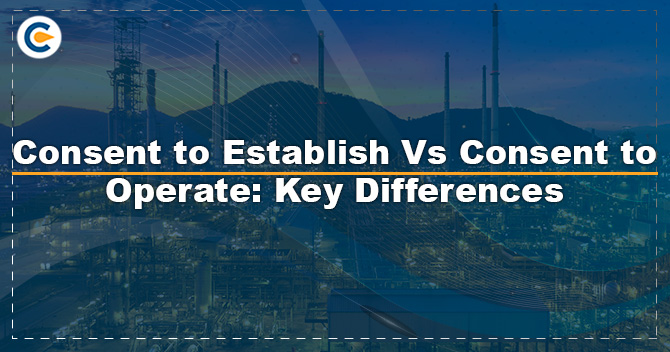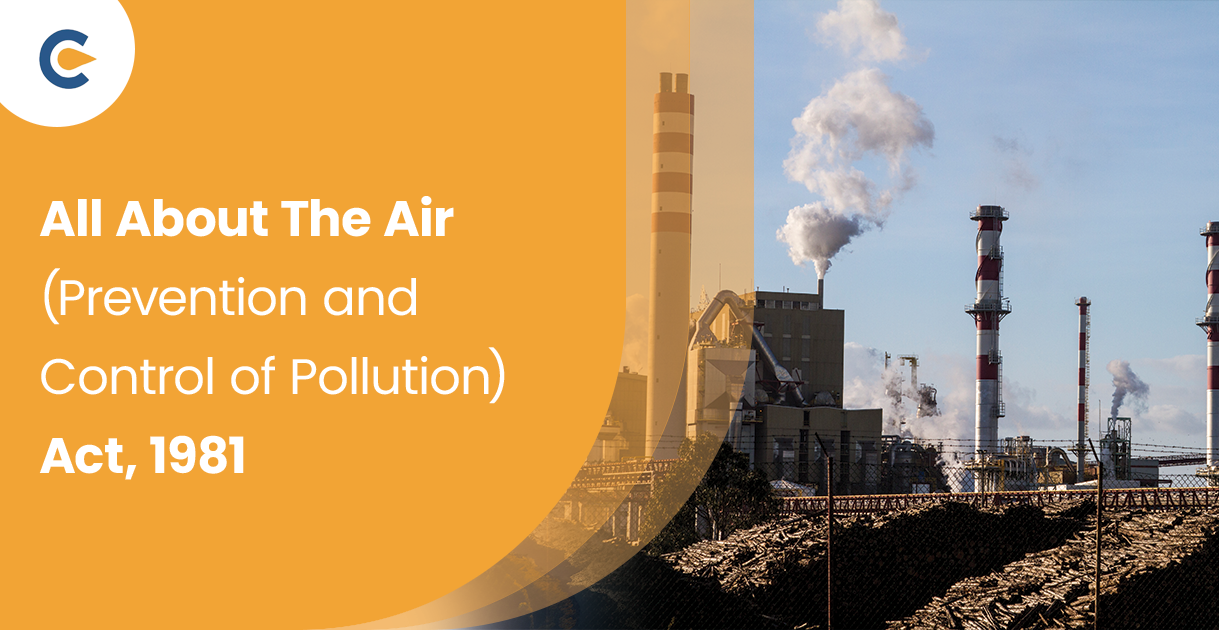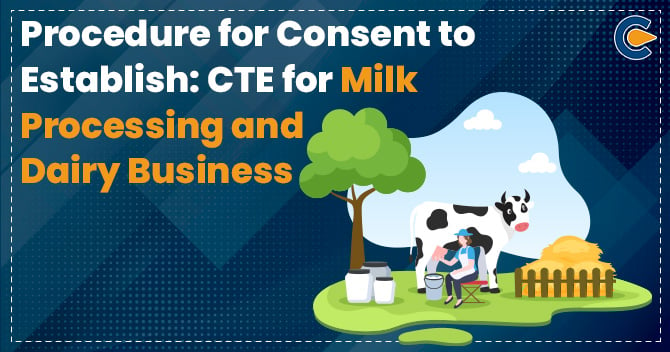Consent to Establish is a primary clearance for entities intending to setup pollution prone industry in India. Meanwhile, the Consent to operate serves as a legal consent that entities have to apply after establishing the unit and meeting conditions of CTE. The respective State Pollution Control Board grants both these consents with different validity duration. In this blog, you would come across key differences between Consent to Establish and Consent to Operate.
Who Needs Consent To Establish And Consent To Operate?
Industries falling under the red, orange, green, and white categories are liable to obtain Consent to establish and CTO in a phase-wise manner. It’s noteworthy that the grant of CTO shall only come to effect after complete fulfilment of conditions under CTE.
Entities falling under the following rules also need to apply for CTE and then CTO.
- Solid waste management rules
- Plastic Waste Management rules
- E-waste management rules
- Hazardous and Other Wastes (Management and Transboundary Movement) Rules, 2016
| Consent to Establish | Consent to Operate |
| Act as a primary consent for setting up a facility | Serve as a secondary consent for authorizing facilities that have been established after securing CTE |
| Granted for the period till the commissioning the plant or for 5 years, whichever is earlier | It remains valid for the duration of 5, 10, and 15 years as per to the red, orange, and green category of the industry respectively |
| Mandatory for entities falling under Red, Orange, Green, and White | Not mandatory for White category entities |
| Cost of CTE consent is lower as compared to CTO, and it depends on the scope of operation | CTO consent fee is higher, and it varies state-wise. |
| Common documents required for CTE consent include site plan, MOA /Partnership Deed, Brief project report, list of equipments installed for pollution control. | Common documents required for CTE consent include layout schematic, analysis report of wastes, Balance sheet copy, Copy of the last Consent, etc |
Classification of Industries as Per Pollution Index
Central Board of Pollution Control[1] has categorized the pollution prone industries based on the pollution index. Industries with a higher pollution index fall under the Red category, whereas entities with a moderate and lower pollution index fall under the Green and White category. The table below discusses the same. It is needless to mention that industries falling under these categories also need to apply for CTE and CTO.
On 5th March 2016, the honourable Minister of State (Independent Charge) of Environment rolled out the four colour categorizations for pollution-prone industries as per the given pollution index (PI).
- Industries with PI score of 60 and above: Red category
- Industries with PI score of 41 to 59: Orange category
- Industries with PI score of 21 to 40: Green category
- Industries with PI score including and upto 20: White category
Conditions to Be Fulfilled By the Applicant under CTE
- Installation of comprehensive control system that reduces pollutants to the underlying standards
- Mitigation of fugitive emissions, if any
- Fulfilment of discharge, treatment, and disposal norms for trade effluent
- Installing stacks of the standard height in case of air pollution
- Complete adherence to water consumption norms as provided under the Water (PC&P) Act, 1977
- Fulfilment of Emission norms for air pollutants
- Maintaining standard noise level, i.e. 75 decibels within the facility
Obtainment Procedure of Consent to Establish
CPCB has categorized all industrial sectors/projects under Red, Orange, Green and White categories based on predetermined pollution index under prevailing legislation.
The process for securing Consent to establish (CTE) and CTO seeks filing of application with the concerned SPCB. Applicants are required to facilitate mandatory documents and scrutiny fees for this purpose.
Post application submission, Authority undertakes the following activities:
On-site scrutiny of the production units
Assessment of the environmental management system
Fundamental Documents Required For CTE and CTO Application Filing
While every state adhere to specific requirement, the following documentations are generally required across every state to obtain Consent under Air Act, 1981 & Water Act, 1974
Consent to Establish
- Site plan of the production unit/project
- Brief project report which covers the details of raw material, proposed product, the capital cost of the establishment (land and plant machinery), water-balance, water source, and its proposed quantity
- Land documentation such as rend deed/ Registration deed/ Lease deed
- Details of air pollution control/ Water Pollution control equipment
- MOA /Partnership Deed
Consent to Operate
- Copy of the last Consent granted by competent Authority
- Layout schematics manifesting the detail of manufacturing processes
- Latest analysis report of effluent, solid wastes, fuel gases, and hazardous wastes.
- Balance sheet copy attested by CA
- Detail relating to land in case trade effluent is discharged on land for percolation
- Occupation registration accorded by Town & Country Planning Department in case of area development projects/ Building & construction projects
- MOA /Partnership Deed
Conclusion
Pollution-prone industries in India are subjected to tons of compliances and legalities imposed by the state and central government. The Consent to establish and consent to operate from SPCB serves as a primary clearance for such industries. Both these consents are mandatory and revolve around heavy paperwork. If you are not comfortable dealing with the same, feel free to contact the Corpbiz associates.
Read Our Article:Consent to Establish and Consent to Operate from SPCB











